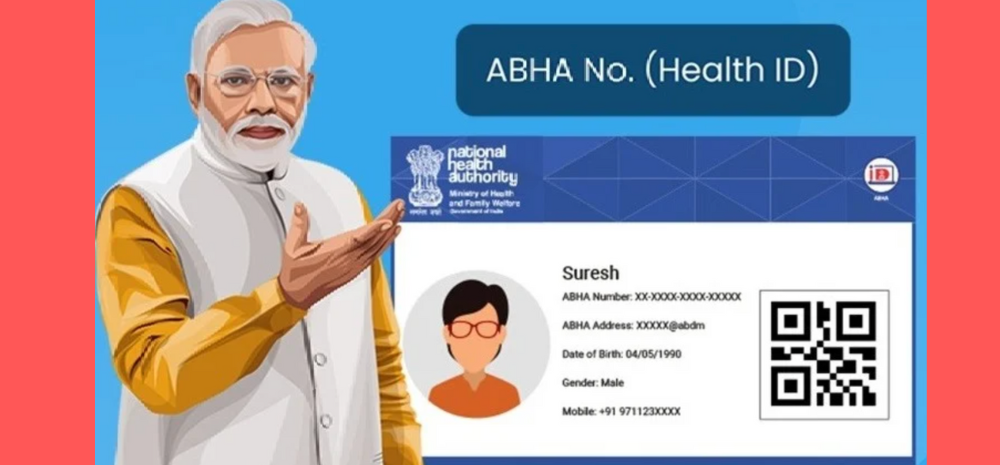The recent uproar over Nestle’s products in India has sparked a significant discussion on the regulation of sugar content in food items across the country. With the Food Safety and Standards Authority of India (FSSAI) considering guidelines for sugar content, it’s evident that there’s a growing concern regarding the health implications of excessive sugar consumption.

Nestle’s controversy arose when it was revealed that some of its products contained alarmingly high levels of sugar. This discovery prompted consumers to question the quality and safety of the food they consume daily. In response, the FSSAI is contemplating stringent regulations to ensure that all food items sold in India adhere to acceptable sugar content standards.
ET NOW Exclusive | FSSAI is considering issuing new guidelines to define acceptable levels of salt and added sugar content, potentially increasing heightened quality inspections and more, as per sources
— ET NOW (@ETNOWlive) April 30, 2024
Here is @sameerdixit16 taking us through the details pic.twitter.com/OnKIJeLtvo
Implementing guidelines for sugar content in food products is crucial for several reasons. Firstly, excessive sugar consumption has been linked to various health issues, including obesity, diabetes, and cardiovascular diseases. By regulating sugar levels, the government aims to safeguard public health and mitigate the risk of these chronic conditions.
Moreover, setting clear standards for sugar content fosters transparency and accountability in the food industry. Consumers have the right to know what ingredients are present in the products they purchase and consume. With enforced regulations, food manufacturers are compelled to disclose accurate information about sugar content, empowering consumers to make informed choices about their diet.
The potential introduction of sugar content guidelines by the FSSAI signifies a proactive approach towards ensuring food safety and promoting public health. However, the implementation of such regulations poses practical challenges. It requires robust monitoring and inspection mechanisms to enforce compliance effectively.
Increased scrutiny and inspection of food products sold in India are inevitable consequences of regulating sugar content. While these measures may pose logistical challenges for food manufacturers, they ultimately contribute to building consumer trust and enhancing the overall quality of the food supply chain.
In conclusion, the FSSAI’s initiative to formulate guidelines for sugar content in food items reflects a commitment to prioritizing public health and safety. By addressing concerns raised by incidents like the Nestle controversy, India is taking strides towards creating a healthier and more transparent food environment for its citizens.













